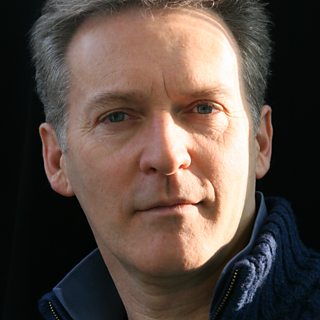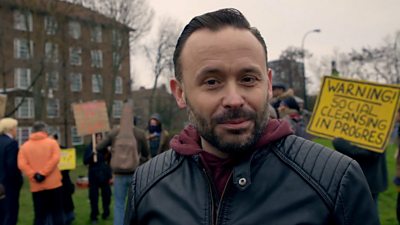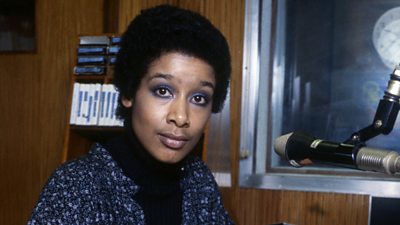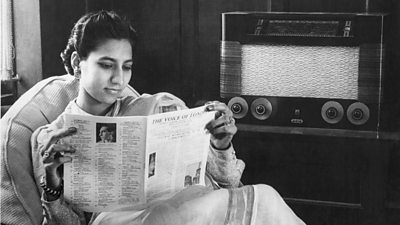Have a go, Joe, Come on and have a go, You can't lose owt, it costs you nowt, To make yourself some dough… Don't be shy and don't be slow. Come on, Joe! Have a go!
Wilfred Pickles was born in Halifax in 1904, the son of a builder. His first job at the age of 12 was in a corner shop, where he earned 1s 6d a week.
He pursued his passion for performing at amateur theatre and then on radio. Pickles was eventually selected by the ����ý as an announcer for its North Region radio service in the early 1940s. This led to a stint as a newsreader on the National service during World War Two, where he famously was the first newsreader to speak in a regional accent rather than with Received Pronunciation or "����ý English”.
This was part of a plan by Brendan Bracken, the Minister of Information, and the ����ý, to avoid enemy infiltration of the media during WWII. His Yorkshire accent provoked initial criticism and his closing "Good Neet" was received with mixed feelings, although the overall response was favourable.
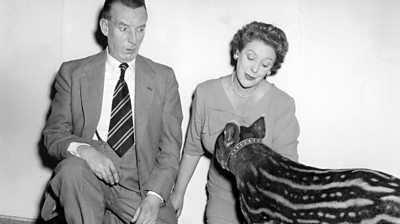
He soon became a radio celebrity with his hugely popular show Have A Go, which ran from 1946 to 1967. At its peak in the 1950s it attracted an audience of over 20 million. Wilfred and his wife Mabel took the programme to church halls all over the country, "bringing the people to the people". Pickles encouraged people to tell their own stories as well as answering quiz questions for money prizes.
This was the period of the catchphrase and Pickles was renowned for his catalogue of them: from "How do, how are yer?" and "Are yer courting?" to "Give him the money, Mabel" – all delivered in Pickles' inimitable style.
In May 1954, the show transferred to television as Ask Pickles, which ran until 1956. Other comedy and sitcom performances would follow, as well as more dramatic roles in films such as Billy Liar. He was awarded the OBE for services to broadcasting in 1950.

